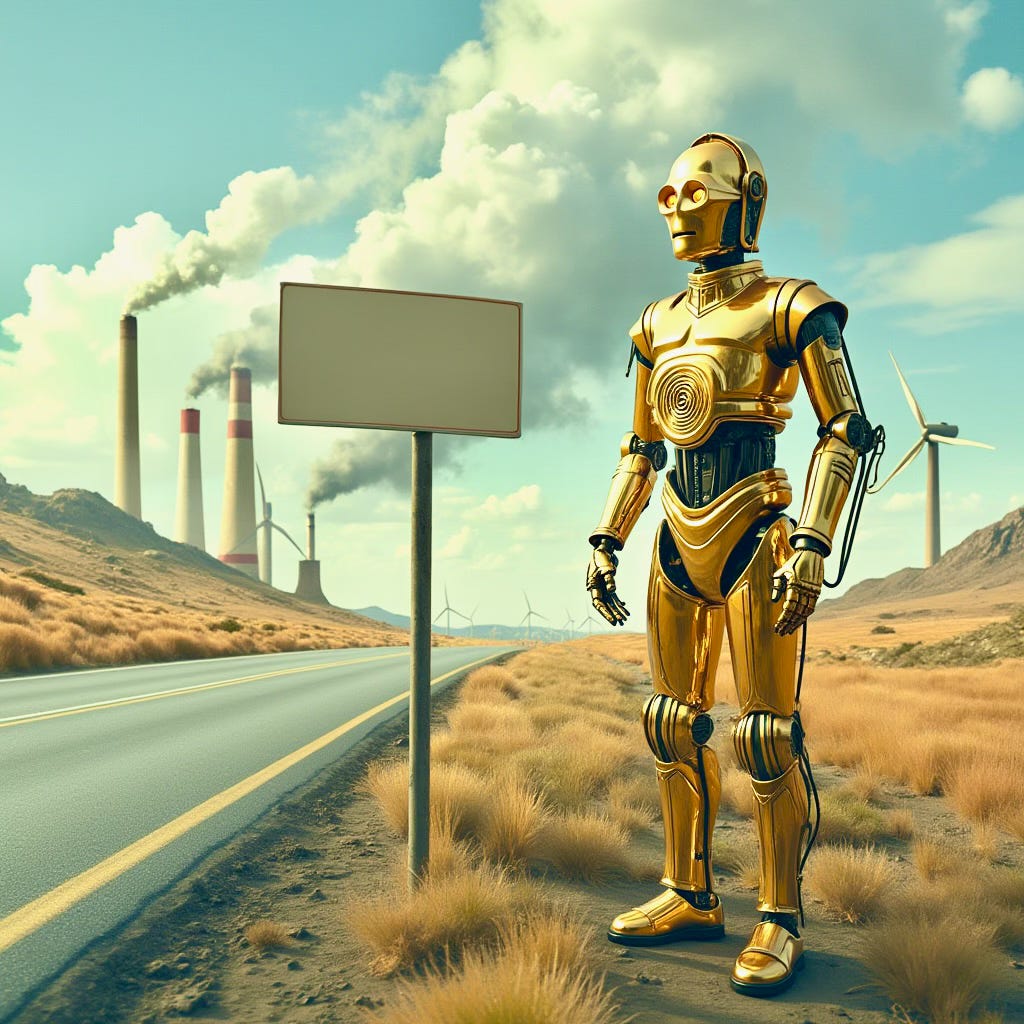Sustainability At A Crossroads
Radical change is needed, according to 844 experts in 72 countries
Markets evolve for many different reasons, but public sentiment and the political environment tend to be crucially important. Now GlobeScan’s 2025 survey of sustainability experts across the world reveals a pivotal inflection point in the evolution of the global sustainability agenda.
The survey was carried out in partnership with the ERM Sustainability Institute and, for the first time, Volans. While the field has matured and expanded over decades, a striking consensus has emerged: the current approach is no longer fit for purpose.
And my sense is that the zeitgeist is shifting towards the sort of scenarios and solutions highlighted in this “Rewilding Markets” series.
Pushback is real—but not evenly distributed
The first of two images shown here underscores the reality that ESG—and sustainability—are experiencing significant pushback. But the scale of the pushback varies dramatically in different world regions, with North America most affected and the Asia-Pacific region least.
Radical overhaul required
But, for me at least, the most surprising result was this: More than nine in ten of experts agree that a shift is needed with over half calling for a radical overhaul. I was surprised not by the reality respondents are seeing but by their willingness to consider radically different trajectories and solutions.
Rather than viewing this as a crisis, the three partner organizations conclude, we should embrace this moment as a glass-half-full opportunity. It marks a necessary course correction--one that opens the door to bold, future-fit strategies capable of meeting the challenges of our time. Indeed, this is an emerging agenda that we are now co-evolving with ERM and GlobeScan.
There is no substitute for reading through the deck, available from the websites of all three organizations. But for those wanting a quick summary, here is GlobeScan’s list of key findings:
Stalled progress and rising backlash: Experts express frustration with the slow pace of change and note the growth of organized resistance to the sustainability agenda, particularly in North America. However, this backlash is not universal – Asia-Pacific stakeholders report far less resistance.
Eroding confidence in global frameworks: Belief in the effectiveness of the SDGs, Paris Agreement, and other multilateral frameworks is low, with many experts questioning the ability of these frameworks to deliver the necessary impact.
Underperformance by key actors: National governments and institutional investors receive the lowest performance ratings, with only 5 percent of experts rating government efforts as excellent. The private sector also fares poorly, and its performance scores have declined to the lowest point since tracking began in 2012.
Declining faith in civil society: Since 2012, positive ratings have dropped precipitously for social movements (-21%), NGOs (-16%), multi-sector partnerships (-15%), and the UN (-12%). In contrast, research and academic institutions have gained credibility over the past few years.
Diverging regional perspectives: Experts in Europe and Africa / Middle East are the most critical of progress, while those in Latin America / Caribbean and Asia-Pacific are more optimistic and more likely to see current political and economic shocks as opportunities rather than threats.







Who will guide these business leaders as they attempt to make radical changes? Seems to me these leaders have not yet developed the physical muscles, emotional intelligence, or awareness. Will experts from Sustainability Inc. or the ESG Industrial Complex suddenly be able to abandon their limited focus on metrics, indicators and measurement of emissions. Given that these are the folks with authority and closeness to business leaders, I am not hopeful.
Here’s to those who have the wisdom to see that (as management guru Peter Drucker once said) “We are getting better and better at doing the wrong things. We must do the right things, even if we do them poorly at first.” My mentor in Systems Thinking, Dr Russell Ackoff of the Wharton School, loved to quote Drucker while advocating a “redesign of society”. This is something desperately needed due to the current design of society being so corrupt it is no longer capable of giving us a sustainable future. American politics is no longer part of the solution, thanks to having been corrupted by authoritarian influences from outside, but also from within. So… What does a redesigned society look like? It starts with recognizing the fundamental truth that we are one human family living on spaceship earth… That the concept of separate nation states is killing us. Separate cultures will always exist and are a delight for those who enjoy diversity of food, music, and other forms of the arts. But separate nation states create wars between political ideologies that are totally unnecessary when you see the world as people like Buckminster Fuller saw it. I call on the sustainability profession to champion a whole system based model of the future that puts the UN sustainable development goals in the past where they belong… A world based on improving separate parts of the system rather than transforming the whole. The transformation we need is as much as spiritual one as it is an intellectual one. And I will be advocating for the spiritual aspect of the process in a speech I’ll be giving in September at the annual conference of the Oklahoma Museums Association.